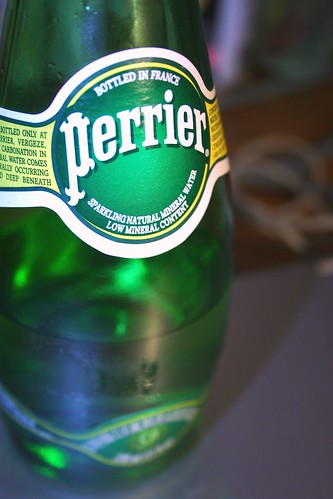Ketamine, linked to death of ‘Friends’ star Matthew Perry, gets new scrutiny in South Florida
Perry #Perry

POMPANO BEACH — Michael Schur is back in his comfort zone. He’s alive and well. And it’s a bit of a miracle for a man who spent most of his life, fighting the impulse to “end” it.
“It’s like a new year, and I wouldn’t be here if it weren’t for ketamine.”
CBS News Miami first talked to Schur 20 months ago at the Ketamine and Wellness Clinic of South Florida in Pompano Beach, as he was undergoing ketamine infusion therapy. We met him again at the clinic in mid-January.
Ketamine, an anesthetic with hallucinogenic properties has gained traction in South Florida for people struggling with depression and other mental health issues. Off-label Ketamine is offered at clinics and in those settings it is not covered by insurance.
Ketamine is rapid-acting and triggers a state of disassociation. Some say the experience allows their brain to “reboot.”
Schur says Ketamine gave him relief from lifelong depression after other medications did not work.
He stopped treatment for a while but returned to the Ketamine and Wellness Clinic after he felt he was slipping back into darkness. He received booster shots last year, which he says has helped him stay on track.
All this happening at the time Ketamine was thrust into the national spotlight after the premature death of “Friends” star Matthew Perry.
Perry was found unresponsive in his hot tub last October. The medical examine said Perry died of “acute effects of ketamine.” According to the autopsy report, there were other factors contributing to his death, including, drowning, coronary artery disease and the effects of buprenorphine, which is used to treat opioid-use disorder.
“It made me nervous that the idea Ketamine would be labeled as something bad and it would lead to legislation ignoring people like me who need it so they don’t fall into depression,” Schur said when asked about his reaction to Perry’s death.
So far, there hasn’t been a backlash in the wake of Perry’s death. The actor publicly acknowledged his lifelong battle with addiction and seeking treatment.
Ketamine rarely leads to death. However, the cloudy circumstances around how Perry got the Ketamine and what dosage he took have led to some wondering about the risks of Ketamine.
Perry had received an infusion more than a week before his death but those effects would have worn off by the time he stepped into his hot tub.
CBS Miami spoke to local experts about the risks and rewards of Ketamine use at the Memorial Healthcare System in central Broward County.
Doctor Claudia Vicencio is the director of Memorial’s outpatient behavioral health. Doctor Alberto Augsten is a toxicologist who created the Ketamine program for Memorial and oversees the operations.
They treat patients with Spravato: a derivative of Ketamine called eskatmine. It’s FDA-approved and covered by insurance, unlike the self-pay ketamine infusions
“We know we have individuals suffering from treatment-resistant depression with suicide ideation. We know these products work but there’s a safety concern and it needs to be done correctly,” said Dr. Augsten.
At Memorial, patients on Spravato are carefully screened and monitored.
Dr. Vicencio says Spravato has helped patients.
“There is a correlation between disassociation and the effects so that patients have a better response more quickly. It’s giving you a shift in the way you look at the world,” she said.
There is a third option for getting that shift: at-home Ketamine treatments.
An internet search reveals many websites where patients can receive ketamine in ‘the comfort of their home.’
Usually, the sites require answering some questions and then arranging a telemedicine appointment with a health professional. If you qualify they arrange to send you ketamine lozenges or troches. Often patients taking the lozenges at home are monitored remotely. It is not clear which form of ketamine contributed to Matthew Perry’s death or how he obtained it.
“For some reason, he had Ketamine access in his home and if it was delivered or illicit you are talking about taking a dose ten times used in centers,” said Dr. Augsten.
Ketamine is a controlled substance but infusion clinics are minimally regulated in Florida.
The Ketamine and Wellness Clinic of South Florida requires provider referrals and strict monitoring, but that’s not true of all clinics.
“You should never be near water, especially with psychedelics,” said clinic director Sonia Cotto.
Cotto, a nurse practitioner with a specialization in anesthesiology, says ketamine therapy has to be used in conjunction with integration-talk therapy. Patients integrate the insights of their ketamine experience into their life
“That is where the healing is,” she said. “It’s being the best version of yourself — ketamine can get you to that place.”
Patient Bonnie Salkow says Ketamine and integration saved her life.
“To open new pathways — It’s been a game changer or life changer,” she said.
Life has changed for Schur, too. But he realizes with ketamine and integration, his journey will be a lifetime.
“All my past strategies are based on self-hate and suicidal ideations so now that I don’t have that, it helps me navigate the world and I have to figure out new healthier strategies,” he said.
Joan Murray